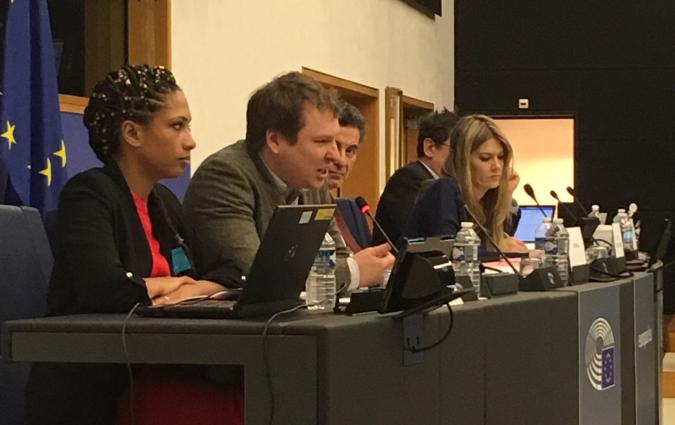How do people feel about news selected by algorithms on social media?

Researchers across the world are busy trying to understand what kinds of news stories are surfaced by the algorithms used by social networks like Facebook and Twitter. But we still know comparatively little about how people feel about news selected by algorithms, how they think it works, and how they think it compares to news selected by human editors and journalists.
In a new paper published in Information, Communication, and Society, Richard Fletcher and Rasmus Kleis Nielsen find that people navigate news on social media with what they call “generalised scepticism” – whereby most people are have low trust in how all news is selected, whether by editors or algorithms, and that those who are sceptical of how editors and journalists select news also tend to be sceptical of how algorithms on social media select news too.
Based on focus group and online survey data from four countries (UK, USA, Germany, and Spain) they find that “the majority do not understand exactly how the information they receive is filtered by algorithms, but they do not uncritically accept it either, because they are sceptical of all forms of selection ‒ including that performed by editors and journalists”.
This finding counters often-held assumptions about how people use social media for news. In particular, it challenges the notion that people are highly trusting of news they see on social media, as well as the idea that people who are unhappy with how news is selected by journalists choose to place their trust in algorithmic selection instead.
Fletcher and Nielsen also found that younger people tend to have more faith in how algorithms select news, and also that people who are more interested in ‘soft’ news topics like entertainment, celebrity, arts, and sport also tend to express greater approval for news selected in this way. These findings were generally consistent across all four countries studied.
The full paper can be downloaded here.
Abstract
Social media is an increasingly widely used and important source of news. News on social media is ‘selected’ by a variety of actors, including the editors and journalists that produce the content, and the algorithms developed by technology companies to make automatic display decisions based on users’ past behaviour and the actions of their friends. We analyse how people navigate news on social media, and focus on their perception of the different kinds of news selection involved. The analysis uses a mixed-methods design based on focus group material and survey data from Germany, Spain, the United Kingdom, and the United States. Across all four countries, with their different political and media systems, we find (i) that the majority do not understand exactly how the information they receive is filtered by algorithms, but they do not uncritically accept it either, because they are sceptical of all forms of selection ‒ including that performed by editors and journalists, (ii) that approval for algorithmic selection is stronger amongst younger people, and (iii) that those with a high level of interest in ‘soft’ news topics (and low interest in ‘hard’ news topics) are more likely to approve of news algorithmically selected on the basis of what their friends have consumed. We argue that the way in which most people navigate news on social media is thus based on a ‘generalised scepticism’ where people question all kinds of selection.
More on:
Funders








